Dozens of dead birds have been spotted along the shoreline of a popular north-east beauty spot, sparking concerns of bird flu in the area.
Corpses of gannets, guillemots, kittiwakes, and gulls are scattered across Balmedie Beach.
The dead birds are concentrated near the southern car park, and stretch across one mile of coastline, with around 40 being counted.
It is understood the majority of birds were adults, apart from one juvenile.
A concerned resident said he first saw sick birds “barely alive” on the beach around three weeks ago.
He explained that children have been petting the sick birds while parents watched on and dogs have been interested in the bodies. He has also seen other birds scavenging on the corpses, leaving him worried about avian flu spreading further.
The resident who usually walks on the beach every day has now decided to stay away from the area, with the dead birds being found as far as Newburgh beach.
The current bird flu outbreak is affecting wild bird colonies, especially migratory and sea birds, with gulls, gannets, and birds of prey at risk.
Ducks, swans, and geese are also being affected by the virus, as well as commercial and backyard flocks.
Addressing disease poses ‘significant challenges’
A Scottish Government spokesman explained the latest outbreak of avian flu is the largest the UK has experienced to date.
He said: “While maintaining high levels of biosecurity among domestic flocks helps protect against disease, addressing the disease among wild birds poses significant challenges.
“Avian influenza is a disease that affects the wild bird population globally.
“The Scottish Government is taking the situation very seriously and is working hard with partner organisations to progress measures to respond to the reports of increased mortality among wild bird populations.
“Updated advice for local authorities, landowners, wildlife rescue centres and members of the public regarding reporting, collection and safe disposal of wild birds was recently published.”
Advice for public and dogwalkers
In response to the bird flu outbreak, NatureScot closed two island national nature reserves (NNR) at Noss and the Isle of May to help protect vulnerable seabird populations.
A NatureScot spokeswoman said: “We are extremely concerned about the potential impact on our internationally important bird populations, and this week took the difficult decision to close our two island National Nature Reserves (NNRs) at Noss and the Isle of May to help protect vulnerable seabird populations.
“We have also issued advice to our NNR managers and British Trust for Ornithology to suspend activities in seabird colonies, and we are coordinating surveillance monitoring at key sites and working at speed with the Scottish Government and conservation organisations to develop an effective overall strategy.
“Central to our role is gaining crucial understanding of the present situation and putting in place the means to mitigate against its future reoccurrence.”
Although the risk to human health from avian flu is very low, members of the public are advised to avoid touching any sick or dead wild birds.
Anyone who finds three dead wild swans, geese or ducks, a single dead bird of prey, or five or more dead wild birds of any species (including gulls) should report their findings to Defra on 03459 33 55 77.
Dogs should be kept on a lead in coastal areas to avoid them touching or picking up dead birds.
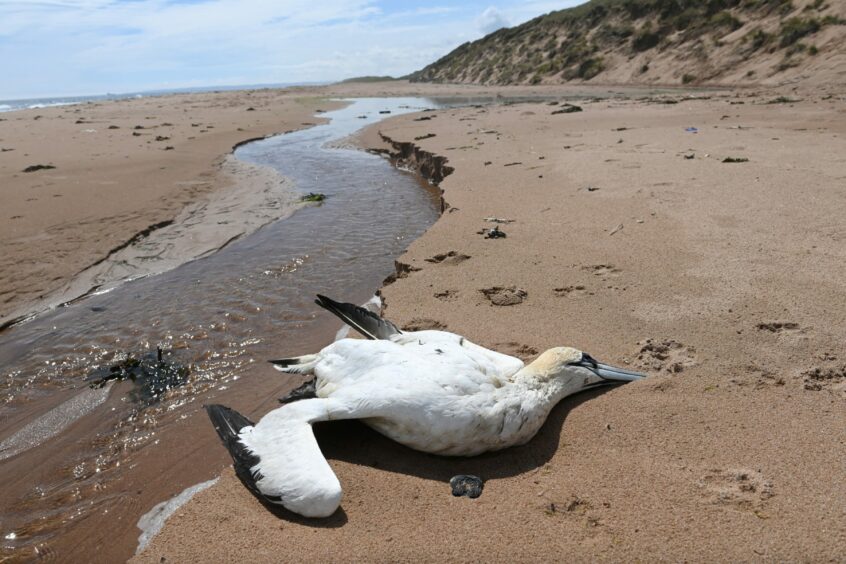
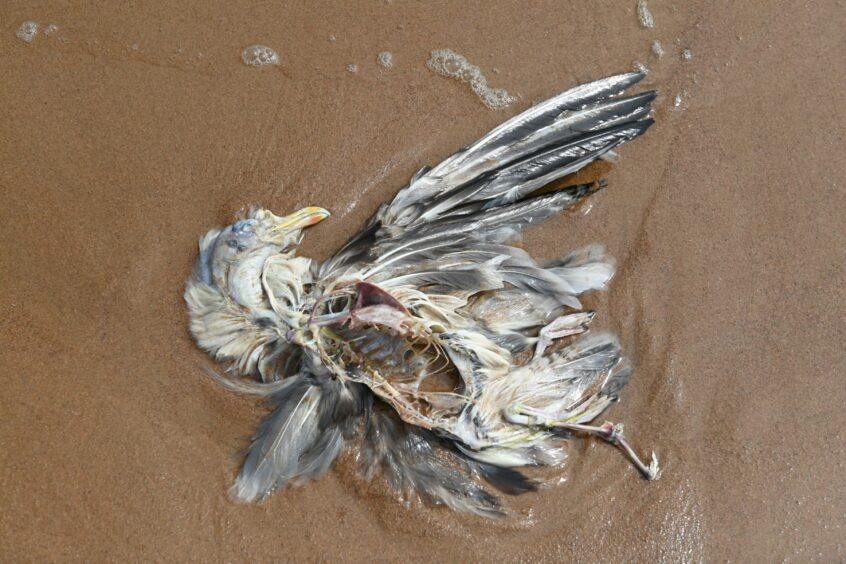
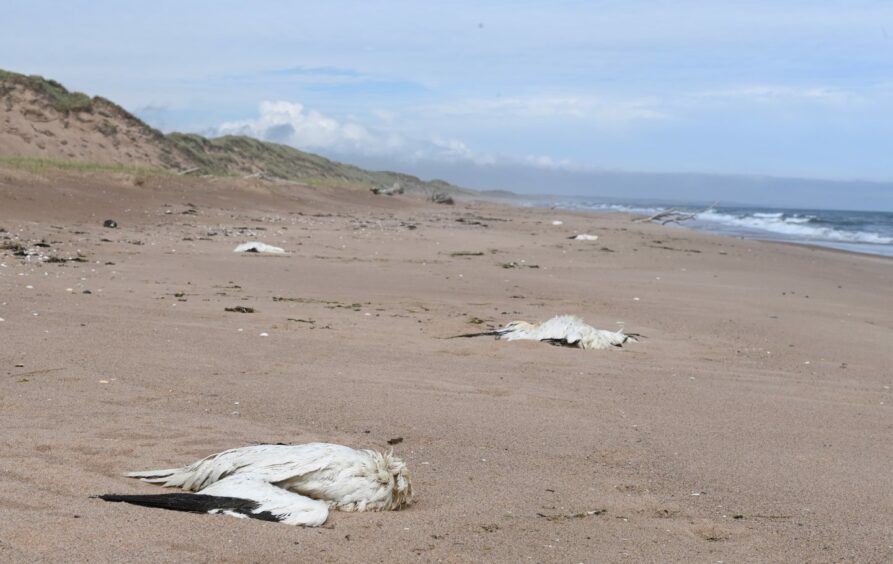

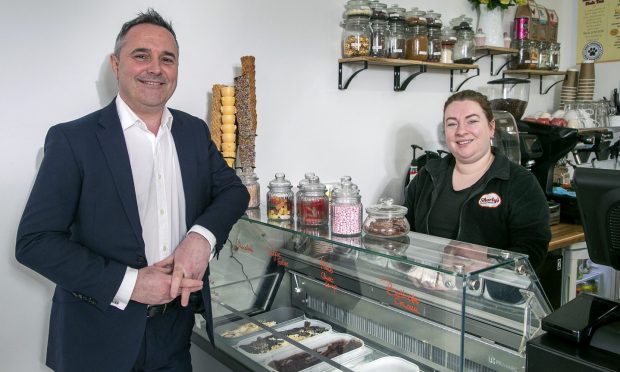

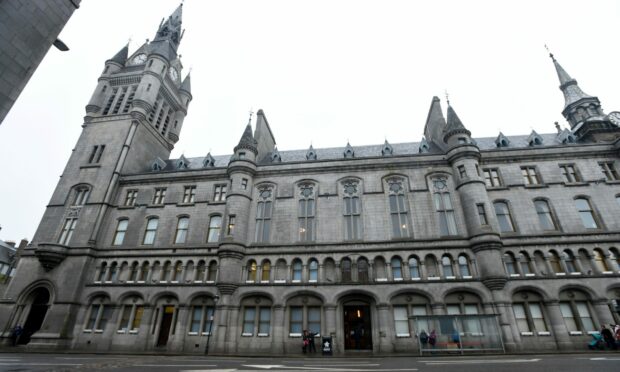

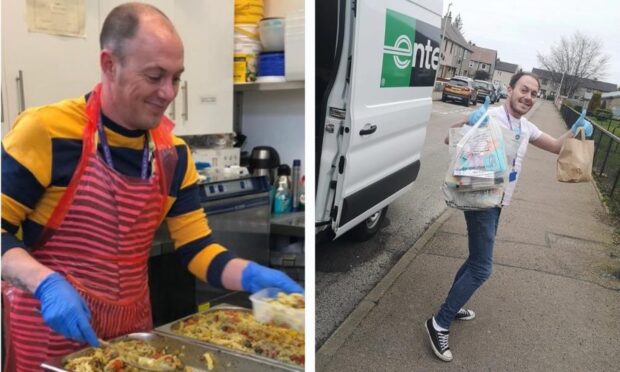



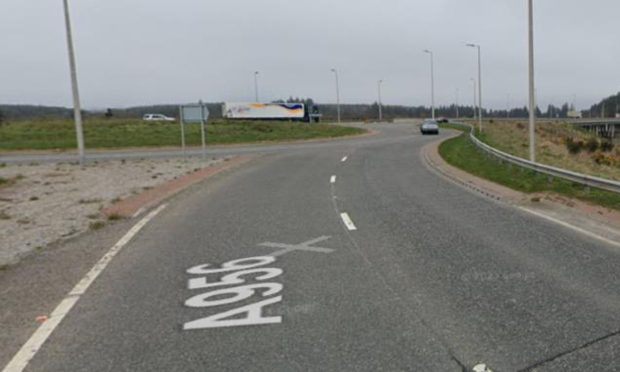
Conversation